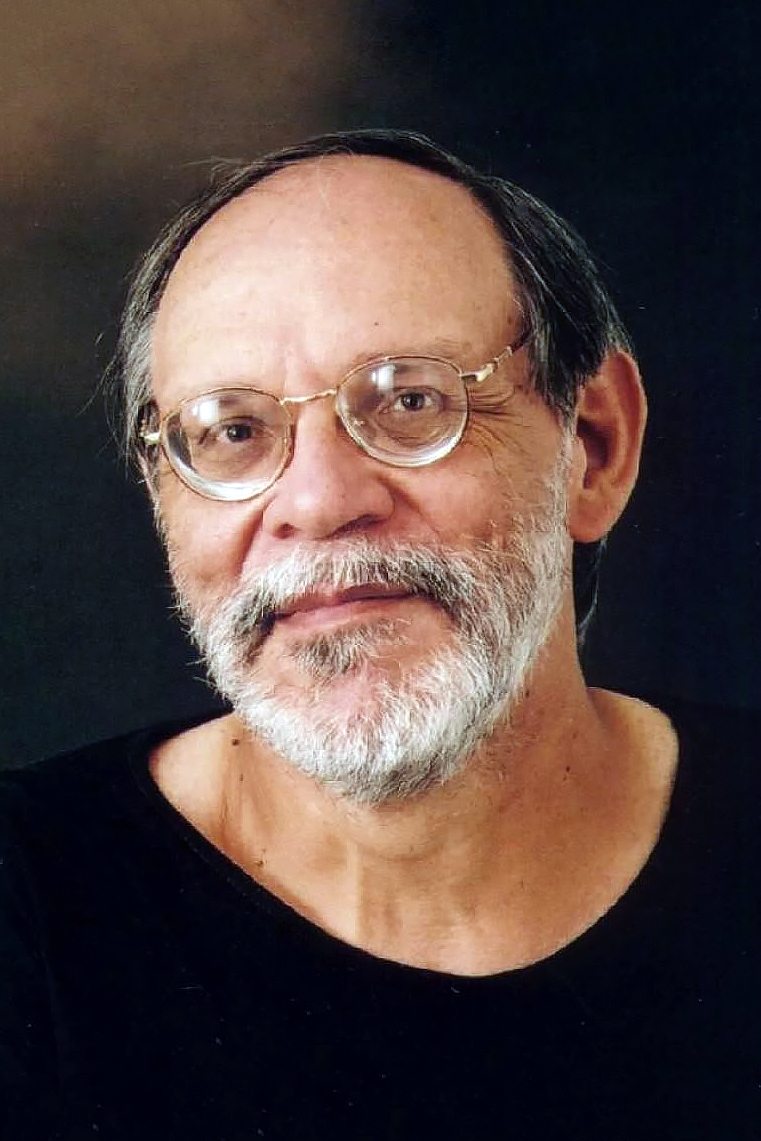
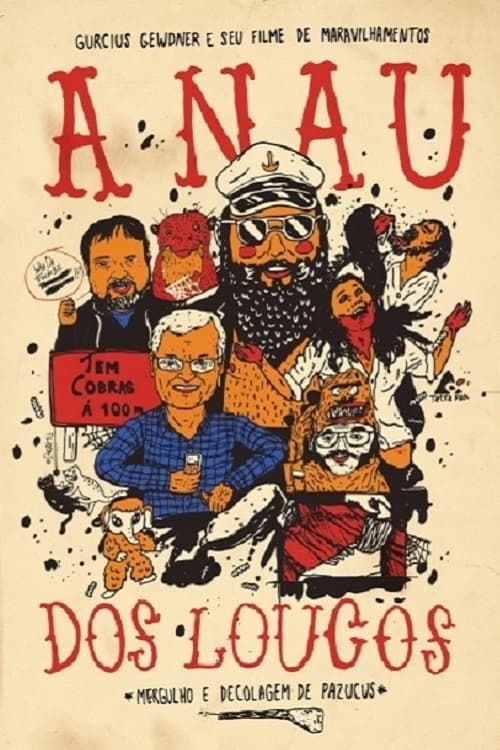
With free eyes, an open heart, good friends and a handful of luck, Gurcius Gewdner revisits some of his adventures of the past five years, survives the relentless Russian winter and asks the following question: How far can an underground Brazilian film go?

An authentically marginal cinema created in Catholic university in Brazil. One of the most intriguing and imaginative moments in modern cinema in the voice of some of its select conspirators—with Carlos Reichenbach at the lead—, and through the most razing flow of images that can possibly be conceived.
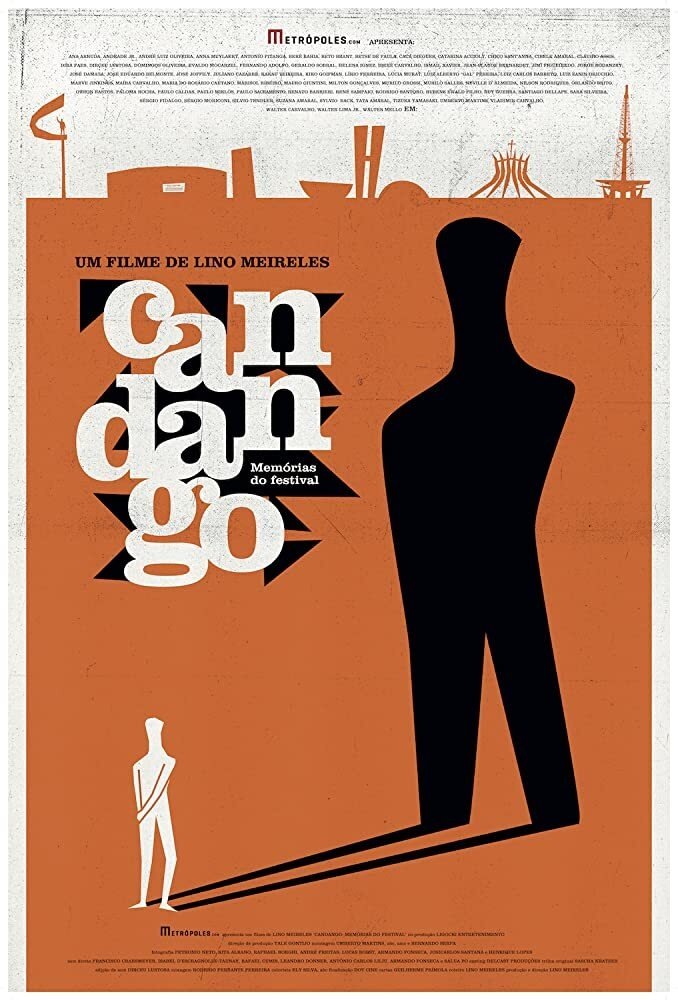
In 1965, a year after the military coup in Brazil, an oasis of freedom opened in the country's capital. The Brasília Film Festival: a landmark of cultural and political resistance. Its story is that of Brazilian cinema itself.
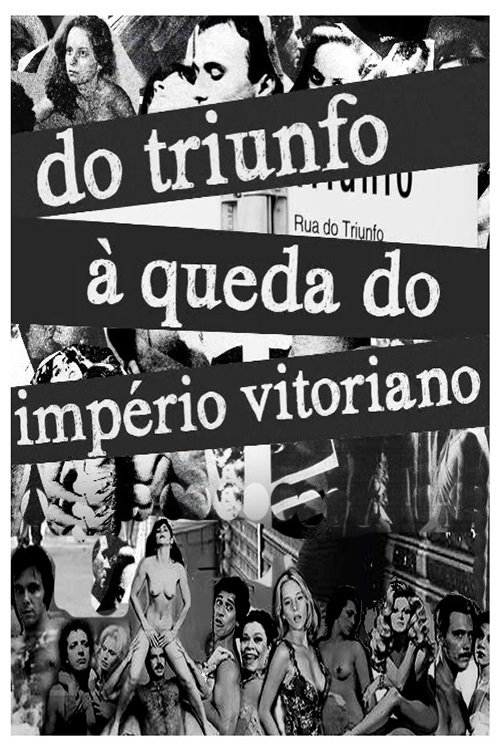
Through the recovery of found Super-8mm footage captured by his brother during the 70´s dictatorship, André tries to revive the memories of his father, who’s been waiting for his missing son for over 30 years.
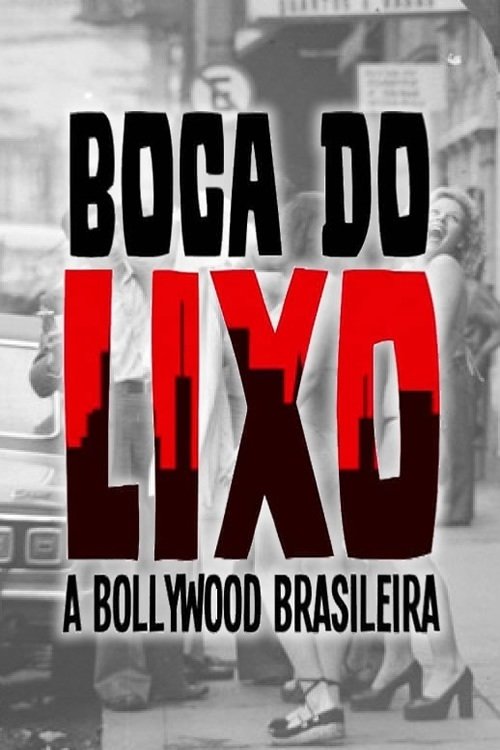
A documentary on Boca do Lixo, a dowtown São Paulo square that became a tentpole for film distribution on the early 20th century, becoming, from the 1960s on, a production district for popular eroctic films and for avant-garde directors.
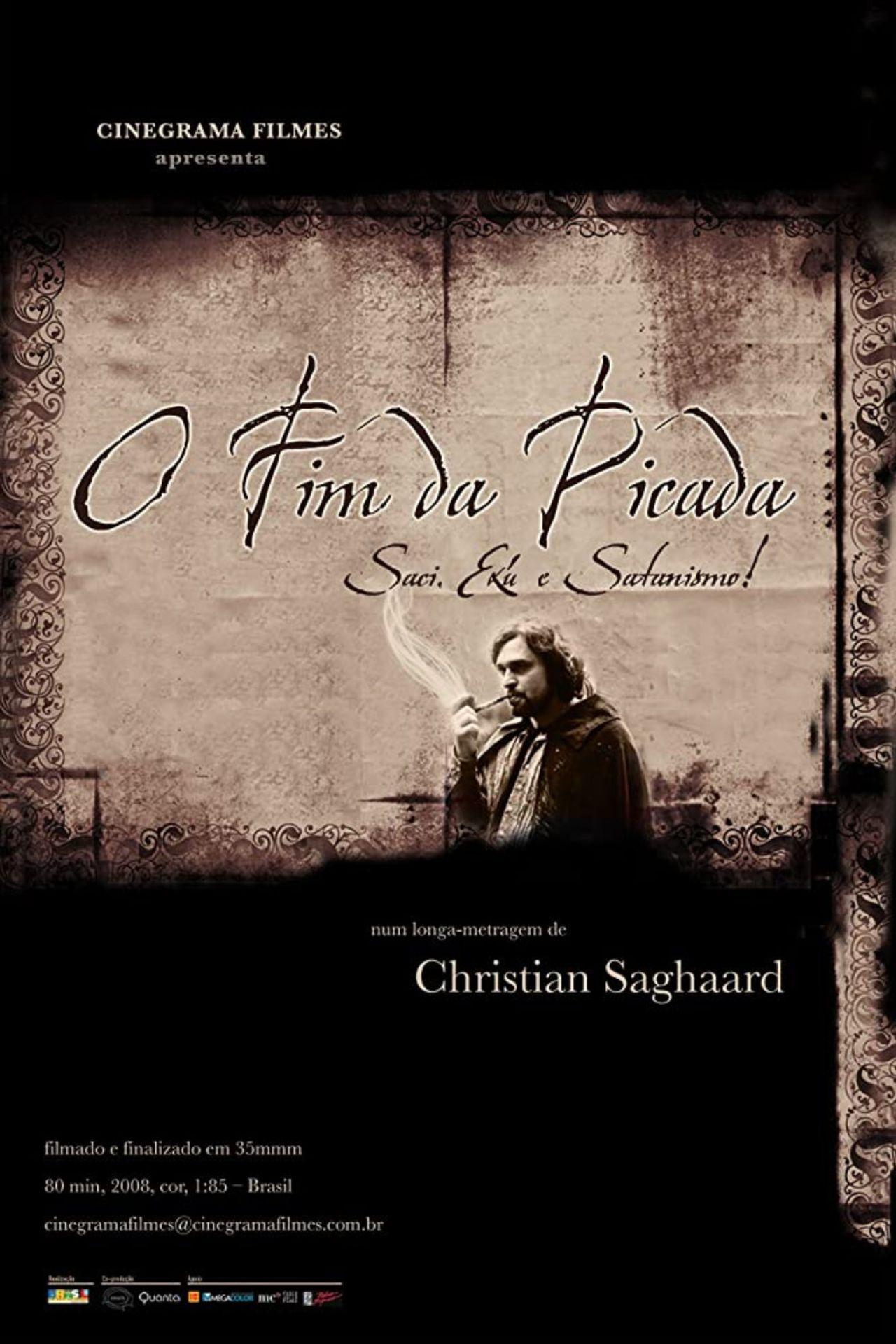
After taking part in a satanic orgy at a beach in 1850, Macário meets Exú-Lebara, a female pagan entity. She decides to go along in his trip but tricks him into going to 2008 São Paulo.
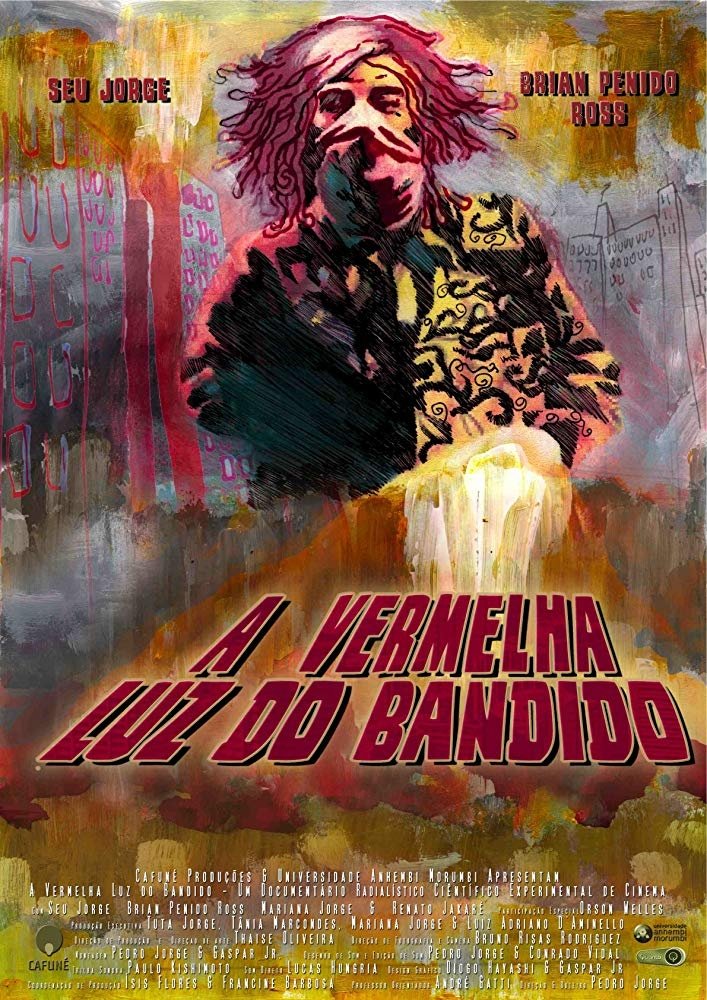
Experimental documentary short that debates over Rogério Sganzerla's Brazilian cult classic "The Red Light Bandit".
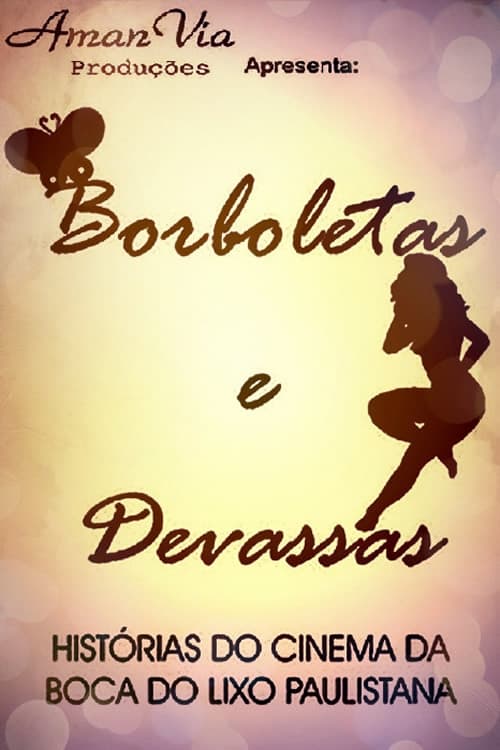
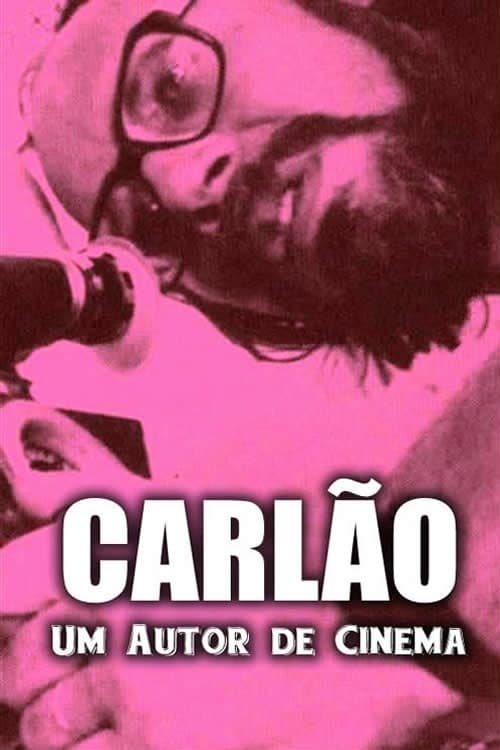
A short film on Brazilian filmmaker Carlos Reichenbach and his works, including interviews with those who worked with him and with the man himself.
Carlos Oscar Reichenbach Filho (14 June 1945 – 14 June 2012) was a Brazilian filmmaker. Born in Porto Alegre, Reichenbach was one year of age when he went to live in São Paulo. He studied in the School of Cinema São Luiz under Luis Sérgio Person. With João Callegaro and Antonio Lima he made his first feature-length films, the anthologies "As Libertinas" (1968) and "Audácia, a fúria dos desejos" (1969). His final film was "Start a History" in 2011.
By browsing this website, you accept our cookies policy.